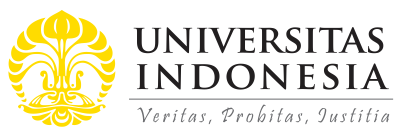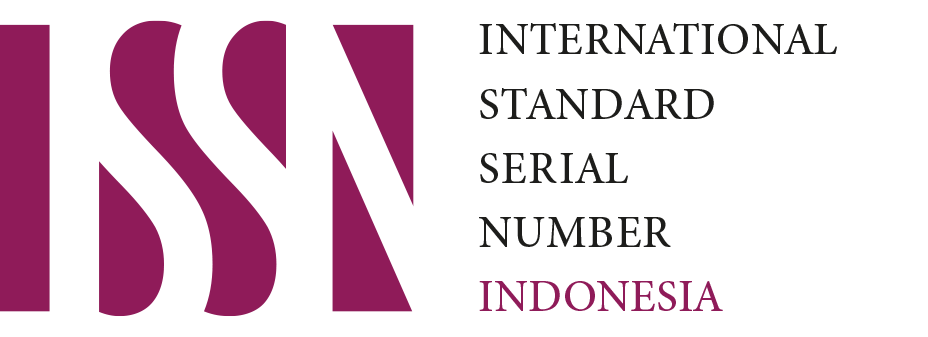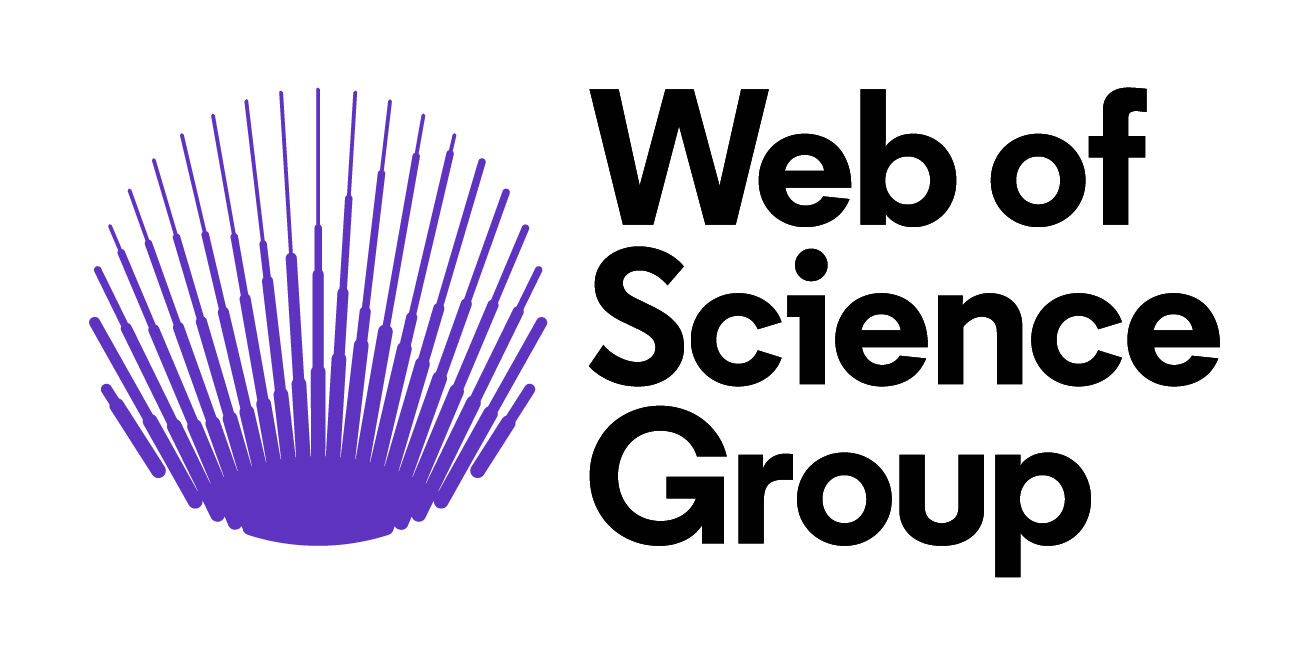Abstract
As a country with bank-based economy, stability and soundness of its banking industry are cru-cial matters for Indonesia especially in dealing with the crisis period, such as financial global crisis which occurred in 2008. Considering the crucial impact of the crisis, this study aims to examine determinants of bank profitability (as the measurement of stability and soundness of banking industry) before and during the crisis period. Using the Generalized Method of Moment (GMM), this study analyzes the profitability of listed commercial banks using unbalanced panel data over the period of 2002-2009. To investigate the impact of recent financial global crisis, this study uses time dummy variable to separate the pre-crisis period (2002-2006) and during the crisis period (2007-2009). Findings of this study show that in the pre-crisis period, bank-specific factors i.e. lagged profitability, bank size, bank capitalization, and diversification and external factors which are inflation and stock market-based financial development statistically and significantly affect bank's profitability. Further-more, the crisis is proven to have significant impact on the effect of inflation and stock market-based financial development toward bank profitability. Whereas, through the general model which is not separate the pre and during crisis periods, this study shows that bank-specific factors such as lagged profitability, bank size, and bank capitalization are proven to have significant effects on bank profit-ability while external factors that also have effects are bank-based financial development and bank concentration.
Recommended Citation
Agustini, Menur and Viverita, Viverita
(2012)
"Factors Influencing the Profitability of Listed Indonesian Commercial Banks Before and During Financial Global Crisis,"
Indonesian Capital Market Review: Vol. 4:
No.
1, Article 4.
DOI: 10.21002/icmr.v4i1.3666
Available at:
https://scholarhub.ui.ac.id/icmr/vol4/iss1/4












